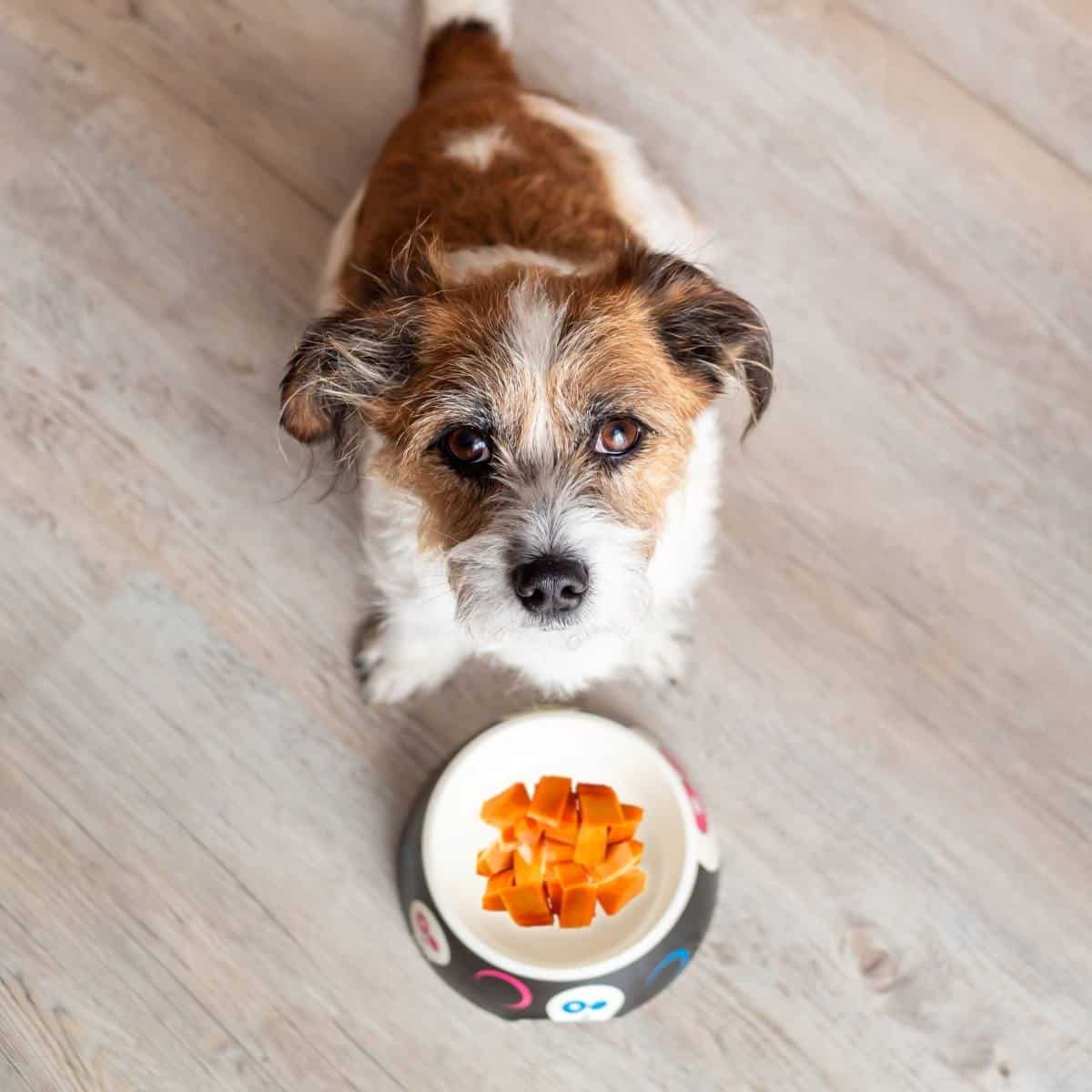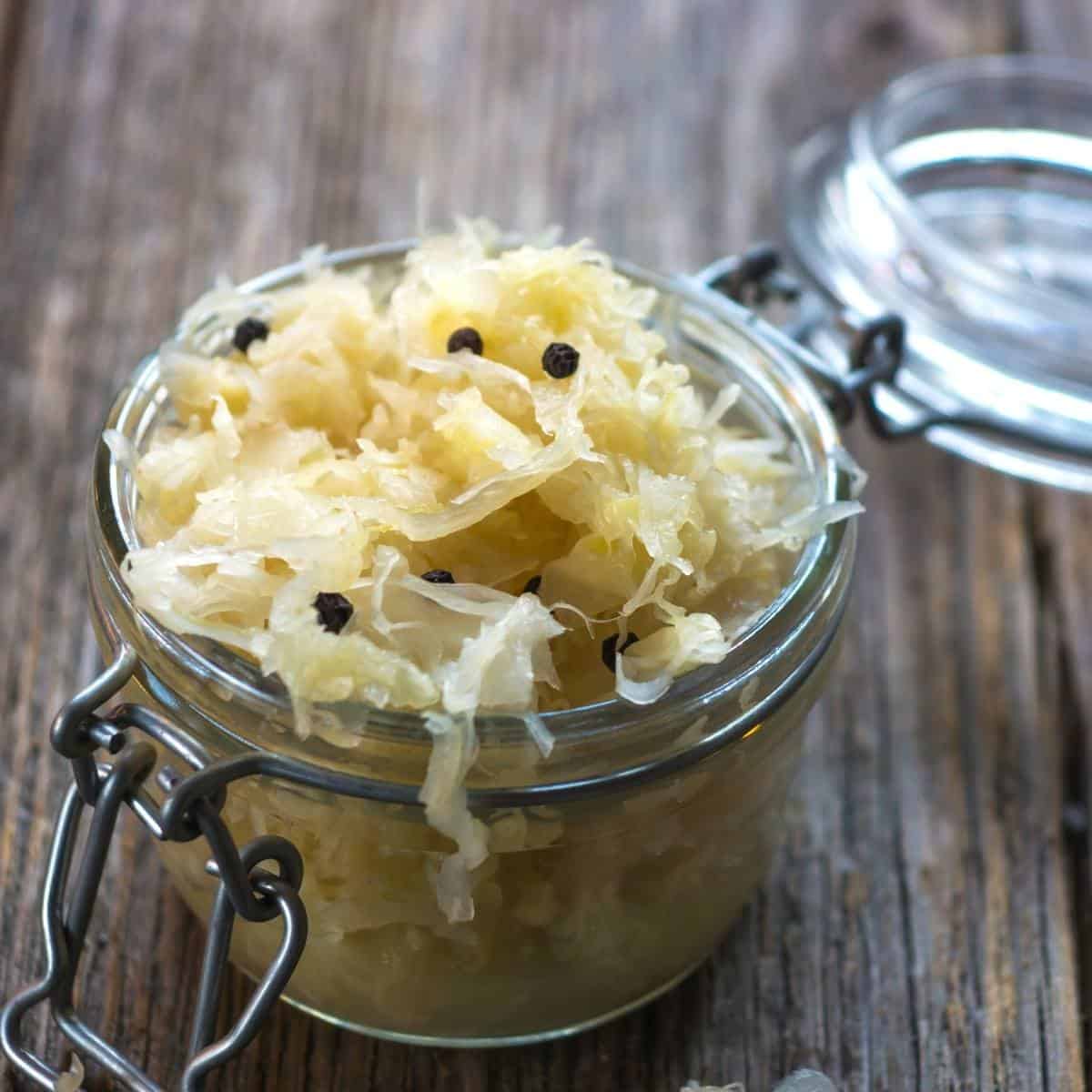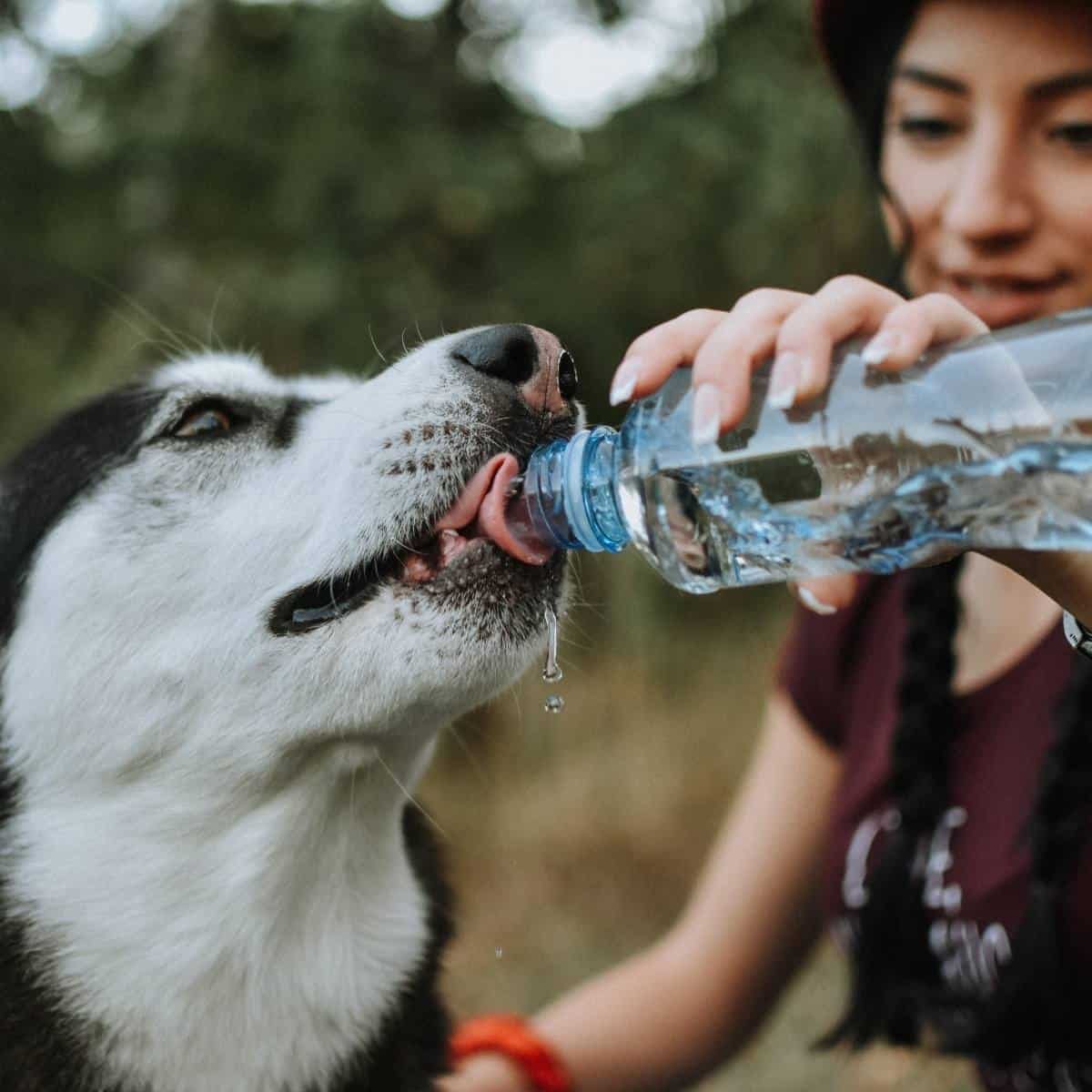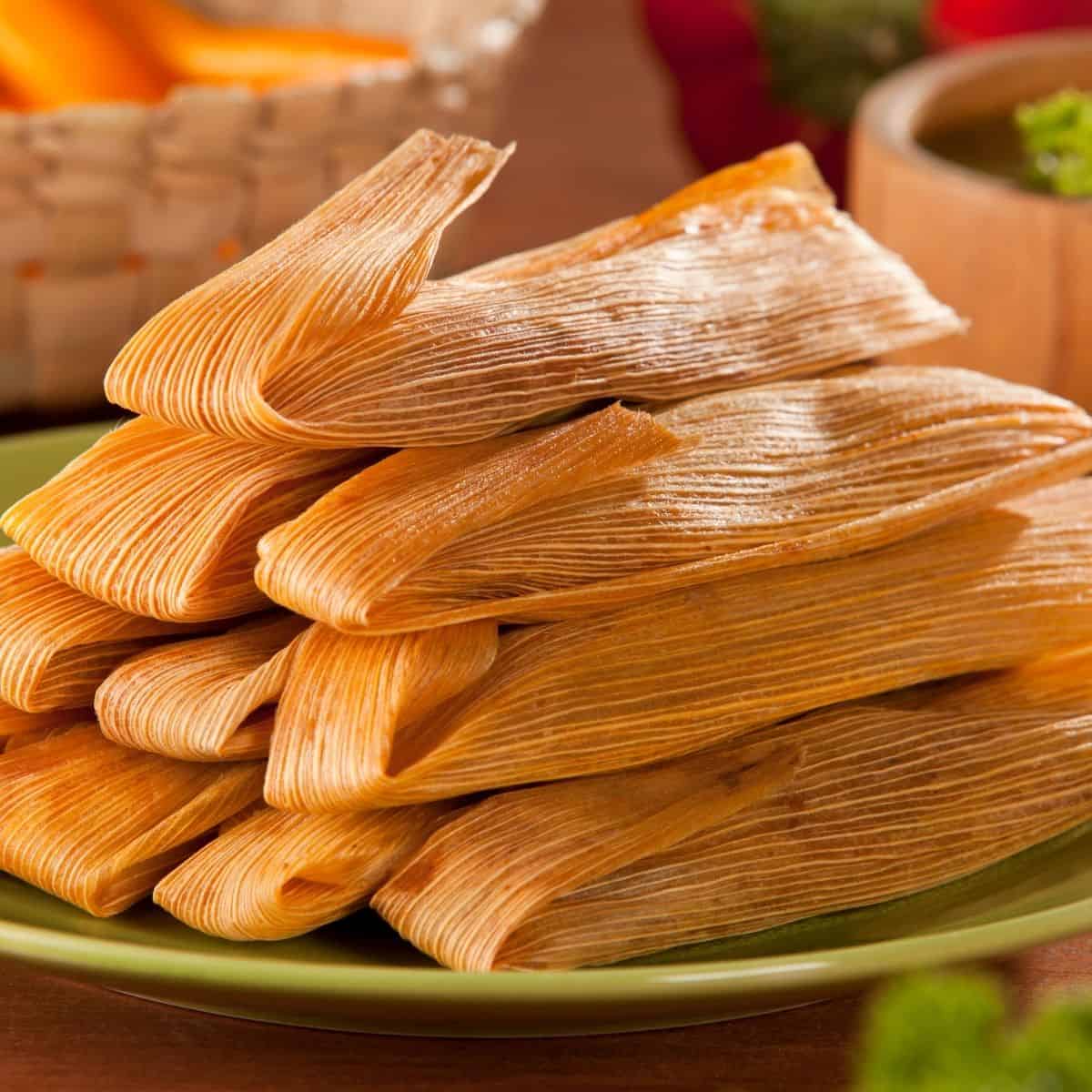Can Dogs and Puppies Have Kiwi?
Kiwis are sweet fruit packed with nutritional benefits for humans, from vitamin C to fiber. With so many great vitamins and nutrients for humans, you may be wondering whether your dog could enjoy its benefits as well.

Kiwis, also known as kiwifruit, are native to Southwest China but are now grown all over the world. Previously named Chinese gooseberry, New Zealand, now the largest grower of kiwis in the world, gave us its new name after the flightless kiwi birds.
Now, more than 4.3 million tons of kiwi are produced and consumed by the world every year, including the two most popular varieties: Actinidia Deliciosa and A. Chinensis.
Read on to learn whether kiwis are good for dogs, their potential benefits, and how you should prepare kiwi to serve your dogs.
Is Kiwi Good for Dogs?
Kiwi is relatively safe for your dog to consume in moderation, as long as you remove the skin and seeds and cut the kiwi into small pieces.
While kiwi offers many great perks for human health, a kiwi’s main benefit for your dog is being a tasty snack and an occasional treat. Because your dog has to consume the fruit in small amounts, they don’t get to enjoy all the nutritional benefits of kiwi.
Dr. Hohenhaus, staff doctor at New York City’s Animal Medical Center, says that “dogs don’t have the same nutritional requirements as humans,” and the fruit is far more beneficial to us than it will be for your dog.
With that said, depending on how much and how often your dog eats kiwi, there are still some health benefits for your dog to enjoy. Common nutrients found in kiwi fruit include:
- Vitamin C
- Vitamin K
- Calcium
- Potassium
- Beta Carotene
- Digestive enzymes
- Fiber
- Water
Can Dogs Eat the Skin and Seeds of a Kiwi?
No, you need to remove the skin and the seeds, as they pose many risks to your dog’s health as the same with papaya.
The tough outer skin of a kiwi is difficult and almost impossible for your dog to digest. If your dog swallows the skin whole, it poses a choking risk and can potentially block your dog’s digestion tract. Even if your dog does chew it, the tough skin can cause gastrointestinal issues while your dog’s body tries to digest it.
The skin of the kiwi may also be treated with pesticides that are toxic to your canine if consumed.
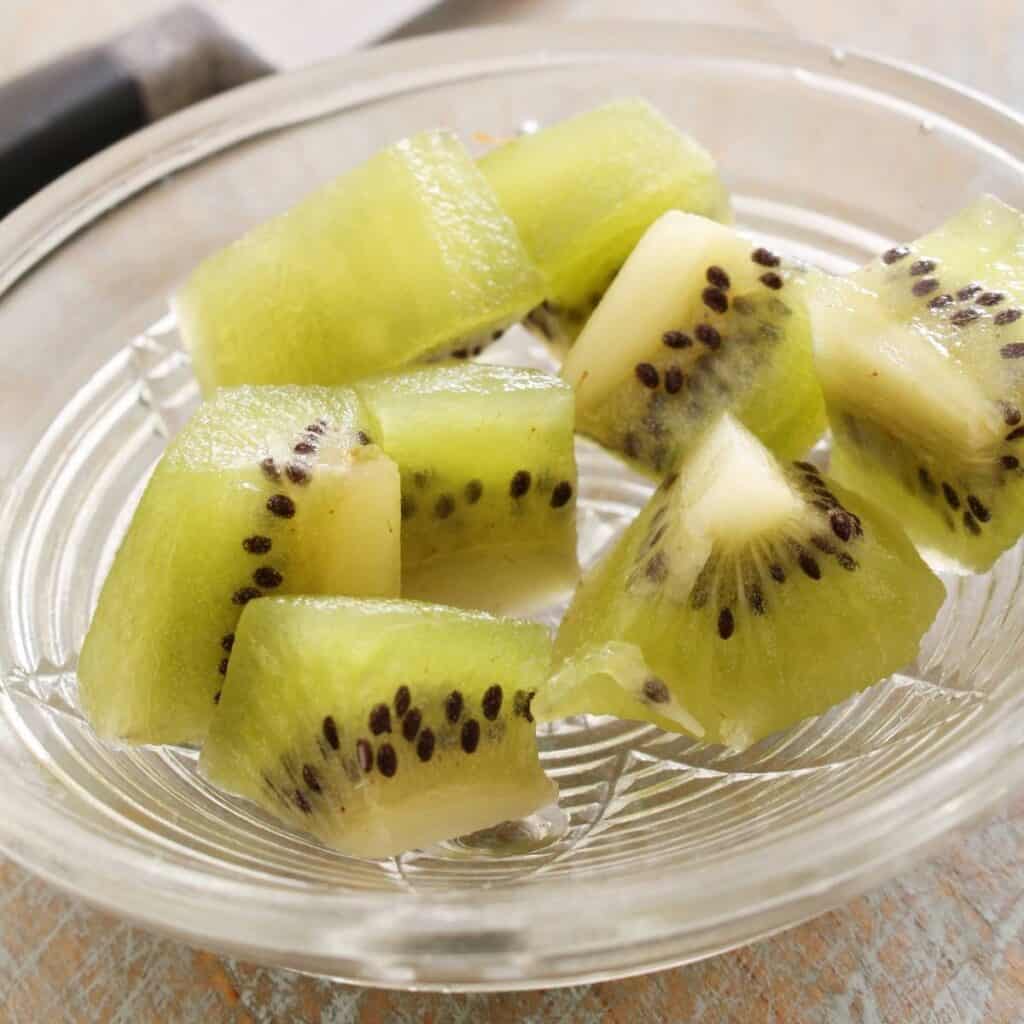
How to Serve Kiwi to Your Canine
Start by peeling and thoroughly washing the outer surface of the ripe kiwi fruit. This will not only make the fruit easier for your dog to consume, but it will remove any unwanted chemicals or pesticides that can be toxic for your dog to consume. Be sure to choose ones that are ripe, without brown spots, and that are not shriveled.
You also need to cut the kiwi into smaller bite-sized pieces before you serve the fruit to your dog. The awkward size makes them a choking hazard for large dogs who could swallow the fruit without attempting to bite it.
While small breeds would likely not swallow the entire kiwi whole, it would be too much for a small dog to consume at one time.
Cutting the kiwi into pieces also makes portion control easier. You should never feed kiwi to a dog in large quantities, as too much at one time can lead to an upset stomach.
Kiwi has high amounts of insoluble fiber, so too much can stimulate your dog’s intestines, leading to stomach issues like loose stool. If your dog is already experiencing gastrointestinal issues like diarrhea or constipation, avoid feeding kiwi to your pup.
As with all food outside of their normal diet, kiwi is fine if fed as a treat and should be given in moderation.
This fruit makes a great addition to a food puzzle toy, in a Kong, or even frozen for a refreshing treat on a hot summer day.
Is it Possible for Your Dog to Be Allergic to Kiwi Fruit?
Just like with humans, your dog can develop an intolerance or have allergic reactions to any food, so it’s always best to monitor your dog’s reaction when you feed them a new ingredient.
Avoid giving the kiwi skin and seeds to your pooch. These can do a number on your dog’s digestive system.
If your dog is allergic to kiwi, their reaction can range from upset stomach to skin irritation, so watch for any signs of change. If you suspect your dog is allergic, stop feeding them kiwi immediately.
Consult your veterinarian if your dog experiences adverse reactions or any of the following symptoms after eating kiwi:
- Vomiting
- Diarrhea
- Lack of appetite
- Painful or distended belly
- Lethargy
- Itching/increased grooming
- Fever
- Fur loss
Sometimes if a dog accidentally eats the kiwifruit with the skin on, you may notice its mouth and gums being irritated. Most likely this is not an allergy, but rather where the prickly skin has rubbed against it while they were chewing it.
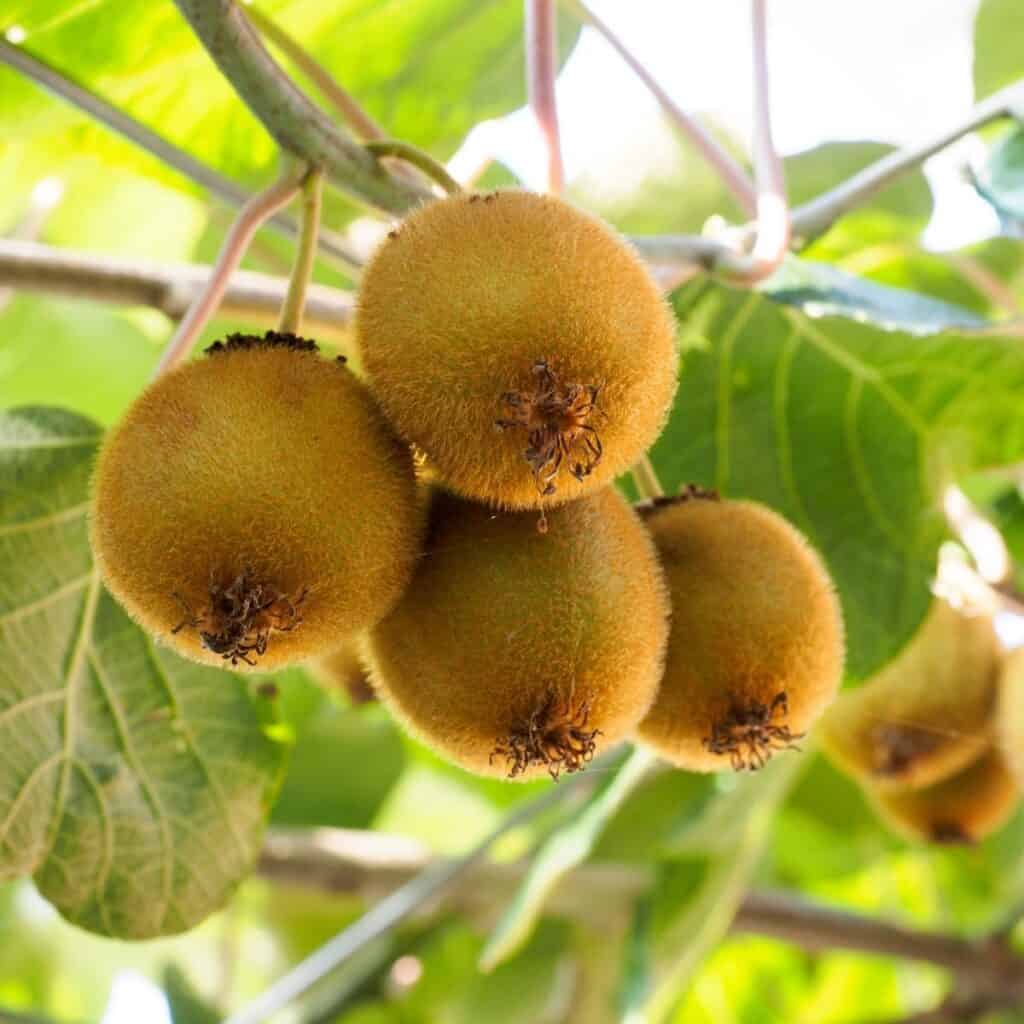
Kiwi for Dogs: The Short Answer
Kiwi is a relatively safe fruit for your dog to eat, but only in moderation. While there are some vitamins and minerals that are beneficial for your dog’s health, kiwi is best served to your furry friend in small portions. Large amounts have the potential to cause health problems and gastrointestinal upset.
Remove the skin and seeds, thoroughly wash, and cut the kiwi into small pieces before giving it to your dog to prevent your dog from choking or developing digestive issues.
If your dog has never eaten kiwi before the best idea for the first time, is to start with small pieces and monitor their behavior for any signs of an allergic reaction. If your dog starts to vomit, has a fever, is itchy, change in behavior, or unusual symptoms contact your vet immediately.
FAQs about Kiwifruit and Dogs
If your dog is an adventurous eater, it can be fun to add kiwi to the mix as a special treat, but it’s not an essential part of any dog’s diet.
Kiwi does contain beneficial vitamins and minerals, like fiber and Vitamin C, but it shouldn’t be fed as a primary way for your dog to receive these nutrients. You should also think about their caloric needs. Too much human food may result in deficiencies and obesity.
Before you add anything to your dog’s diet, you should always consult with your vet. They can help advise you on whether fruit is okay for your pup, or if your dog’s sensitive stomach would be too at risk by the addition of new foods.
Yes. They are very similar to the green kiwi except they have twice the vitamin C, the outer peeling is smooth, and it’s sweeter than the standard variety.
No. Some fruits such as apples, cherries, and peaches have larger seeds that when ingested in larger amounts can lead to cyanide poisoning, but kiwi is not on that list. While the seeds are very tiny, they harvest a lot of the nutritional value.

